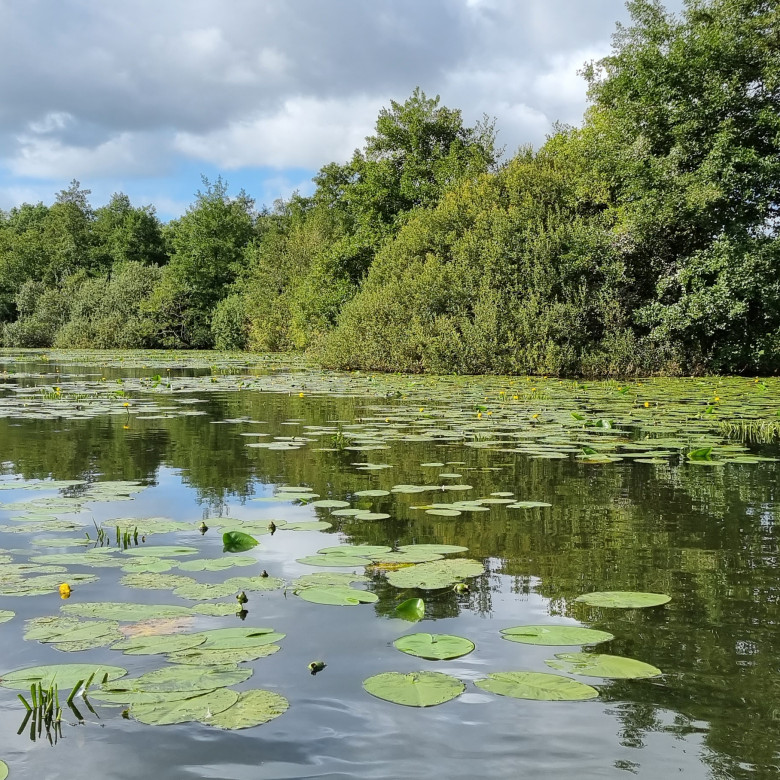Water quality
Although water quality in the Netherlands has improved in some respects in recent decades, many waters still face problems. These may include the absence of certain characteristic plant and animal species but also problems with (blue) algae, mass developments of aquatic plants, siltation and odor nuisance. The European Water Framework Directive (WFD) has set requirements that our natural waters must meet. Many water quality problems are caused by excessive availability of nutrients, also known as eutrophication.
Eutrophication can be caused by external sources, such as input of nutrient-rich water, by sewage overflows and/or runoff from agricultural land. Nutrients can, however, also be mobilized from the sediment or sludge to the water layer. This process is called internal eutrophication. To determine the source(s) and their contribution to water quality, we take targeted samples of sediment (or sludge), pore water, groundwater and surface water. We also regularly carry out experiments to look more specifically at, for example, phosphorus mobilization before and after dredging, introduction of specific aquatic plant species, effects of iron addition, etc.
In recent years, a lot of experience has been gained with research into the processes that control water quality. Based on the water type and degree of eutrophication, we can give advice on effective measures to improve water quality in both the long and short term.
More information can be found in our published brochure "Water quality problems down to the bottom". Do you have questions about water quality or do you want to enquire about commissioning a study, the available methods or costs? Or would you like to receive a brochure? Please contact B-WARE Research Centre at info@b-ware.eu
